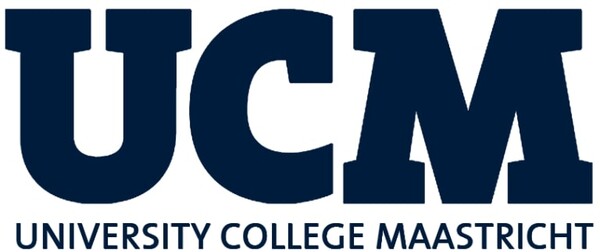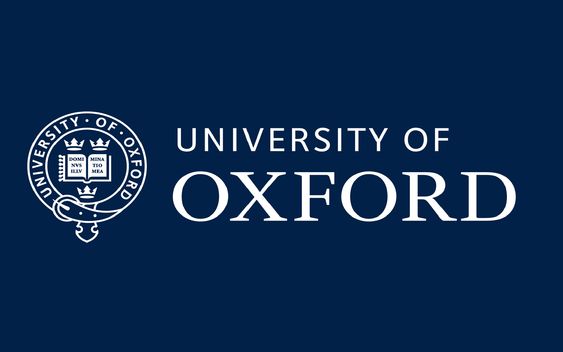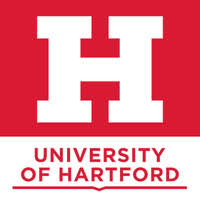
Olin College of Engineering (U.S.) is particularly noted for its convergence education offerings. Students in all majors take a common set of classes that connect engineering disciplines in addition to integrating arts, mathematics, science, humanities, social sciences, and entrepreneurship to prepare students for the real-world challenges they will face as engineers. Faculty members work and teach students as a team, bridging disciplines. At the college it is not unusual to take a class co-taught by faculty from two or more disciplines. The college’s curriculum follows a liberal arts tradition, allowing students to discover and try new things as they pursue their education.

Maastricht University (Netherlands) has honors colleges, University College Maastricht and the Maastricht Science Program. The former is an honors liberal arts and sciences program for highly motivated students. The college’s students can compose their own personalized curriculum choosing from more than 150 different courses in the humanities, social sciences, and sciences. The latter offers students the opportunity to select courses from diverse fields in the natural sciences and interdisciplinary fields such as biomedical engineering and entrepreneurship. Its students can also combine multiple disciplines in a single degree.

University of Oxford (U.K.) has a three-year undergraduate course in Philosophy, Politics, and Economics, which allows students to shape their own paths. Students can choose to specialize in two branches at the end of the first year or continue with all three. Through these three overarching fields, students can also explore a wide variety of other disciplines. Each subject makes a distinctively valuable contribution to the degree.

University of Hartford (U.S.) features the University Interdisciplinary Studies Program. It is a topic-based curriculum, in which each course and topic is explored through multi-disciplinary lenses. All students seeking bachelor’s degrees take four courses in the program from four different content areas, including at least one course with a detailed focus on issues of diversity, equity, and inclusion. The program encourages students to explore majors thoughtfully and thus may lead them to new interests and career choices.
By Bae Mun-seong, Editor

